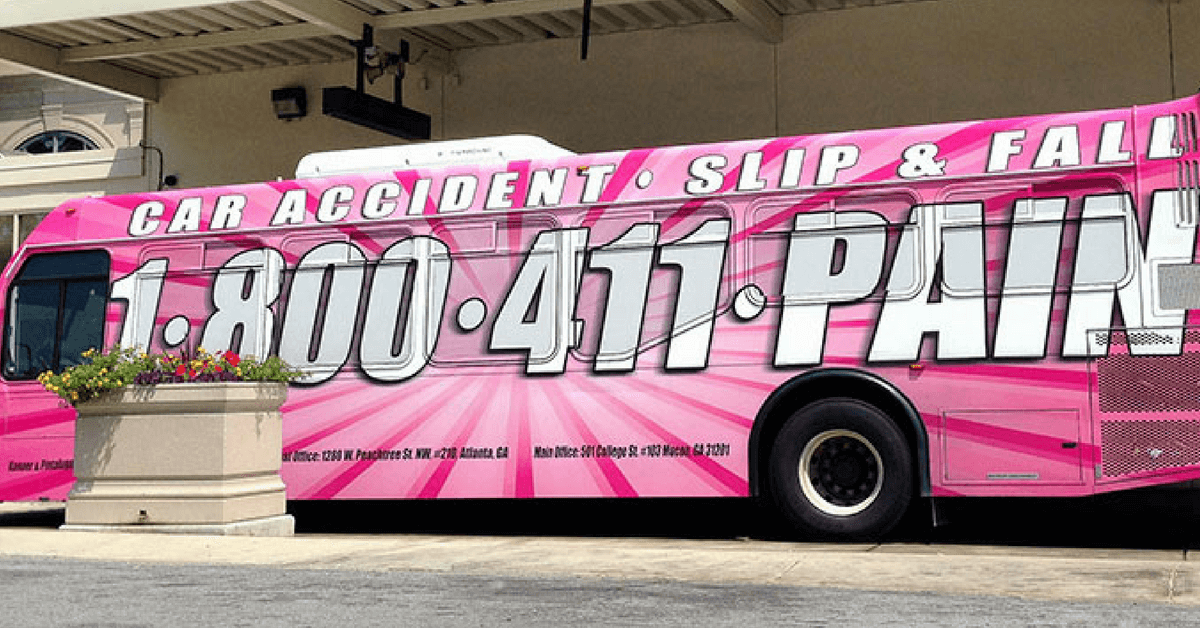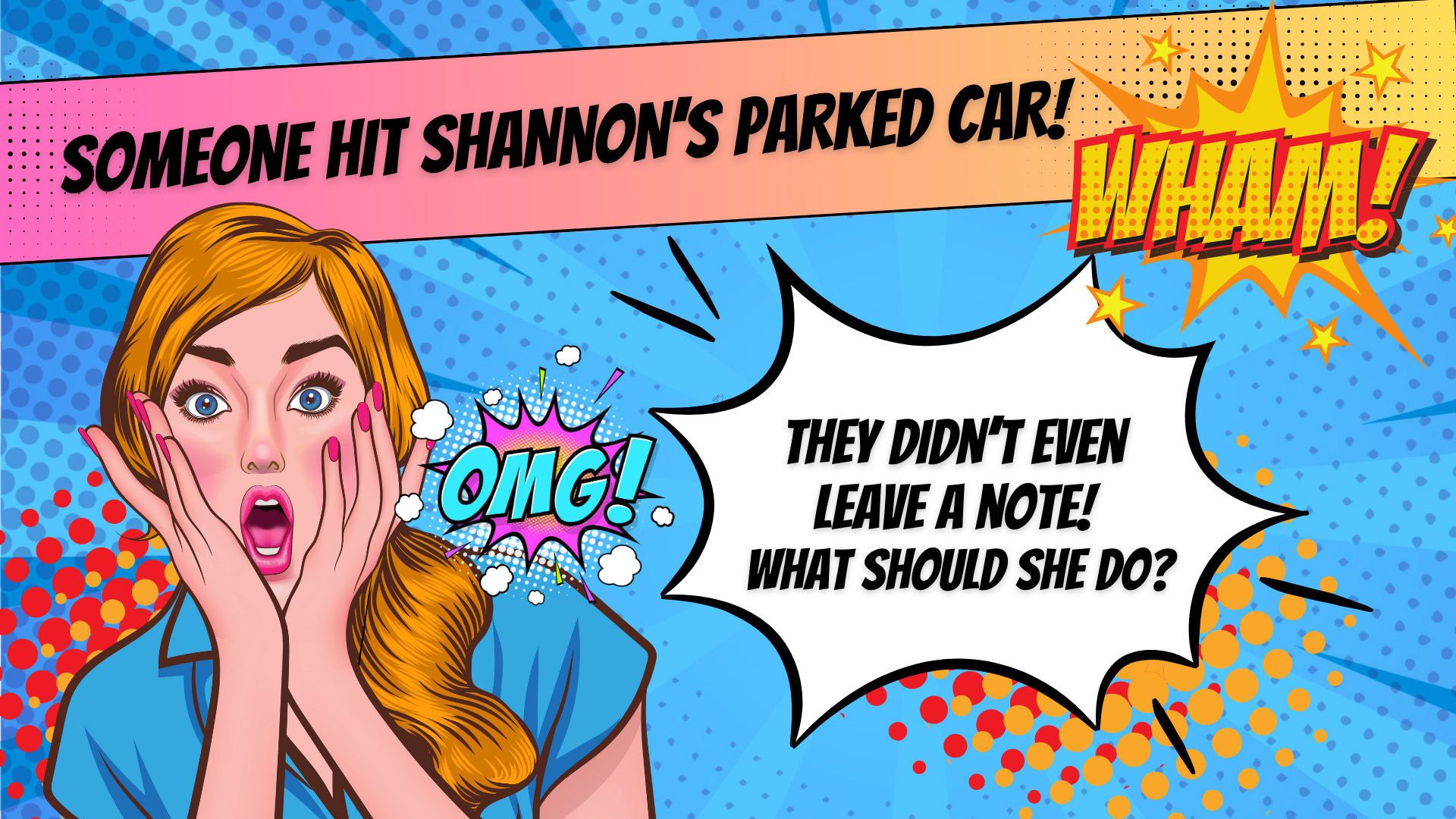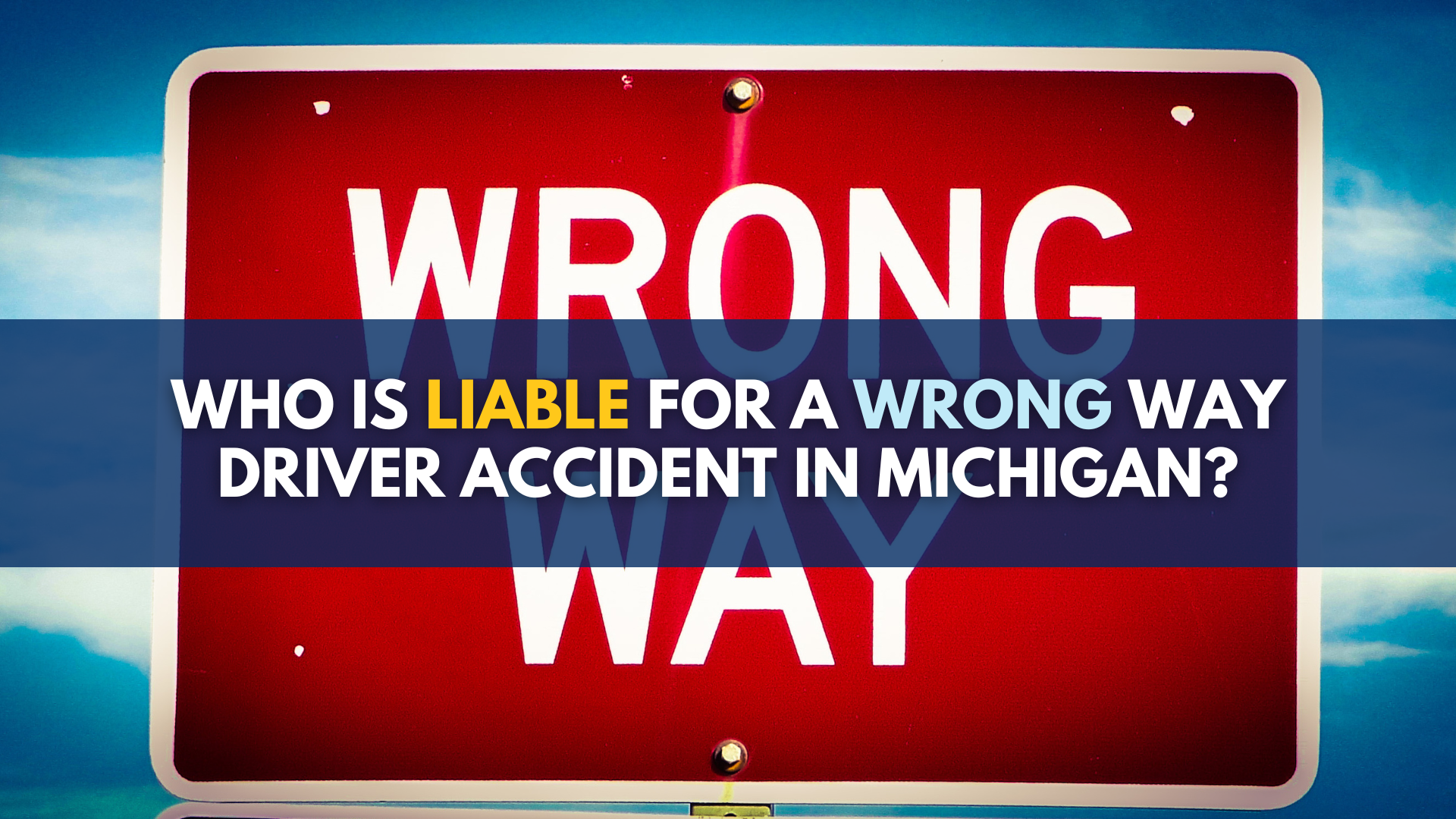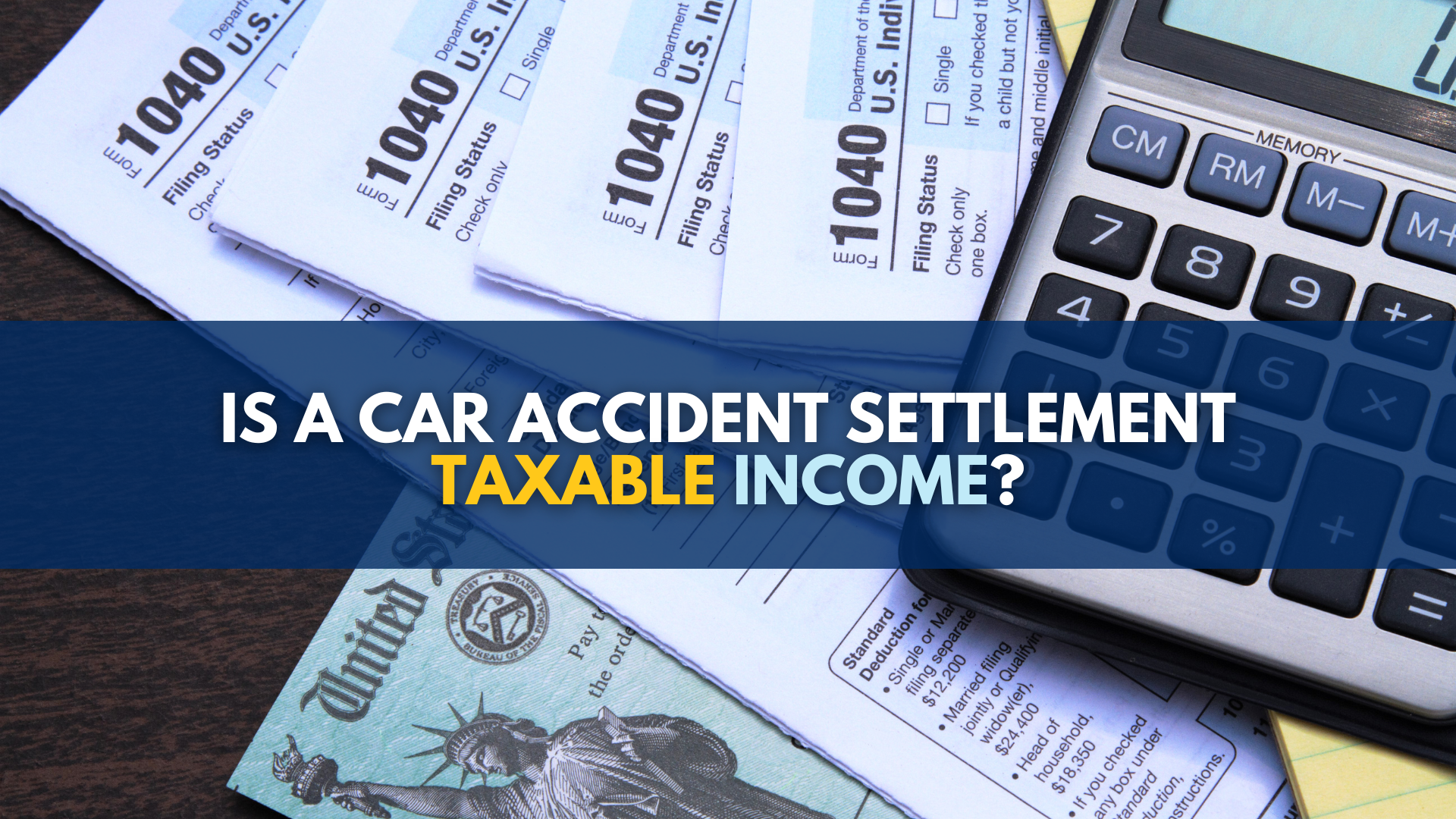Part 1 of my blog series on the consequences of personal injury lawyer advertising and commercials when they’re done without regard for accident victims

I recently wrapped up a blog series on how to truly choose the most qualified lawyer in Michigan to help you and your family after a serious auto accident. In the first post, I discussed the extreme vulnerability of accident victims who hire lawyers based on many of the metro Detroit law firms today that are breaking the law and aggressively soliciting people who have been injured. Some of these lawyers are even using proxies who come knocking on doors.
This illegal lawyer solicitation is directed especially toward cities like Detroit, where even Mayor Duggan has talked about the cost of aggressive lawyer advertising in the city. It applies to the poor and those who are less likely to understand that a personal injury lawyer is not supposed to be sending you mail or calling your house in the days following a serious motor vehicle crash.
All of this results in lawyers who care far more about the network of provider doctors, physical therapy and chiropractors that are being used to enlarge a first-party No Fault case than they are with the recovery for the actual client. Of note, several academic studies state that the poor are most likely to favorably view attorneys who advertise (I will write more on this in the future as part of this series).
There’s nothing wrong with the lawyers who advertise, as long as they do so ethically.
But far too many law firms who advertise in Michigan are not acting in the best interests of the client. The nature of advertising is a large volume of lower quality cases, creating “settlement mill” attorneys and law firms who use a business model of settling a large amount of cases for small dollar amount.
This is a dangerous combination. There are more than 60,000 lawyers in Michigan, and many of these are personal injury lawyers who advertise with ethics at the bottom of their priorities. I will be writing about what I am seeing today, and on the consequences of legal advertising when it’s done without the best regard for accident victims.
Today I’d like to review the types of legal advertising that are most prevalent today (turn on your TV mid-morning or drive down I-75 in Detroit or to Metro Airport and you can also get a first-hand primer).
First, where did legal advertising begin?
Up until 1977, the legal profession’s code of ethics did not allow attorneys to advertise their services. However, in Bates v. State Bar of Arizona, the United States Supreme Court changed that when it ruled attorneys were allowed to advertise. Bates held that lawyer advertising was commercial speech protected under the First Amendment. In the ruling, the Supreme Court emphasized the benefits of the information that reaches consumers via advertising, contending that such advertising would make legal services, and thus justice, more accessible to the general public — particularly, the poor.
But that’s not quite how things have turned out in today’s world of legal advertising, which in Michigan more resembles the Wild Wild West.
Legal advertising hasn’t only increased in quantity, but the type of advertising in the four decades since Bates has evolved. While some of the trends remain traditional, legal advertising also continues to change as technology develops. This has led many lawyers to download police reports online and send solicitation letters and proxies to contact car accident victims, as I discussed above.
And Michigan personal injury lawyers continue to push the envelope on what’s ethical.
Print advertising for personal injury lawyers
At the center of the debate on whether legal advertising was ethical and permissible in the Bates decision were print advertisements announcing “reasonable fees,” which were among the first legal advertisements used in newspapers.
Print advertisements remain common in newspapers, magazines, and the Yellow Pages. It’s typically solo and small firm practitioners who use print advertising. In addition, Yellow Pages advertisements often bolster lawyers’ characteristics, by using attention-grabbing adjectives such as “aggressive,” “heavy hitter,” or “pit bull,” and referring to past outcomes (true to fact or more often, bloated) as a means of establishing legal competence.
In the early days of lawyer advertising, the medium of choice for most attorneys was the Yellow Pages.
Lawyers who use heavy television and radio advertising
Television and radio advertising by attorneys is big business today; getting commercials on the air is expensive and the frequency of commercials is ubiquitous. For example, television expenditures by attorneys have grown exponentially, from $366,000 in 1977 to about $428 million according to a study called “Legal Access and Attorney Advertising that appeared in The American University Journal of Gender, Social Policy & the Law. In 2015, attorneys were projected to spend $892 million on television advertising, according to an Institute for Legal Reform report, “Trial Lawyer Marketing: Broadcast, Search and Social Strategies.”
I’m friends with many lawyers who advertise in different states, and with one in particular in Michigan. These are all good lawyers and they run ethical law firms.
But, and here’s the “but” – most aren’t. The nature of television advertising lends itself to PIP fraud by exploiting the settlements on first-party No Fault cases because the pain and suffering settlements for clients is so small in most cases. It creates a settlement mill model that then feeds into increasingly tacky, false, overly-aggressive and insensitive – television advertising.
Here are some unbelievable real-life examples from a blog post I wrote on the worst lawyer commercials ever. I’m going to have to update this one because there are so many more to choose from since I wrote this post.
Attorneys on billboards and buses in cities like Detroit
Many attorneys who advertise on billboards and buses do so in urban areas. This type of advertising is viewed as a way to attract a lot of attention, depending on the location of the billboard and the bus routes. Some attorneys have used billboards and buses to become local celebrities, and have built an entire practice around this.
I’ve also written about the 800-411-PAIN billboards you will find throughout Detroit, and how the lawyers behind these billboard advertisements aren’t the “Motor City Accident Attorneys” they claim to be.
Next, I’ll further discuss the ugliest type of legal advertising: Illegal personal injury attorney solicitation.


